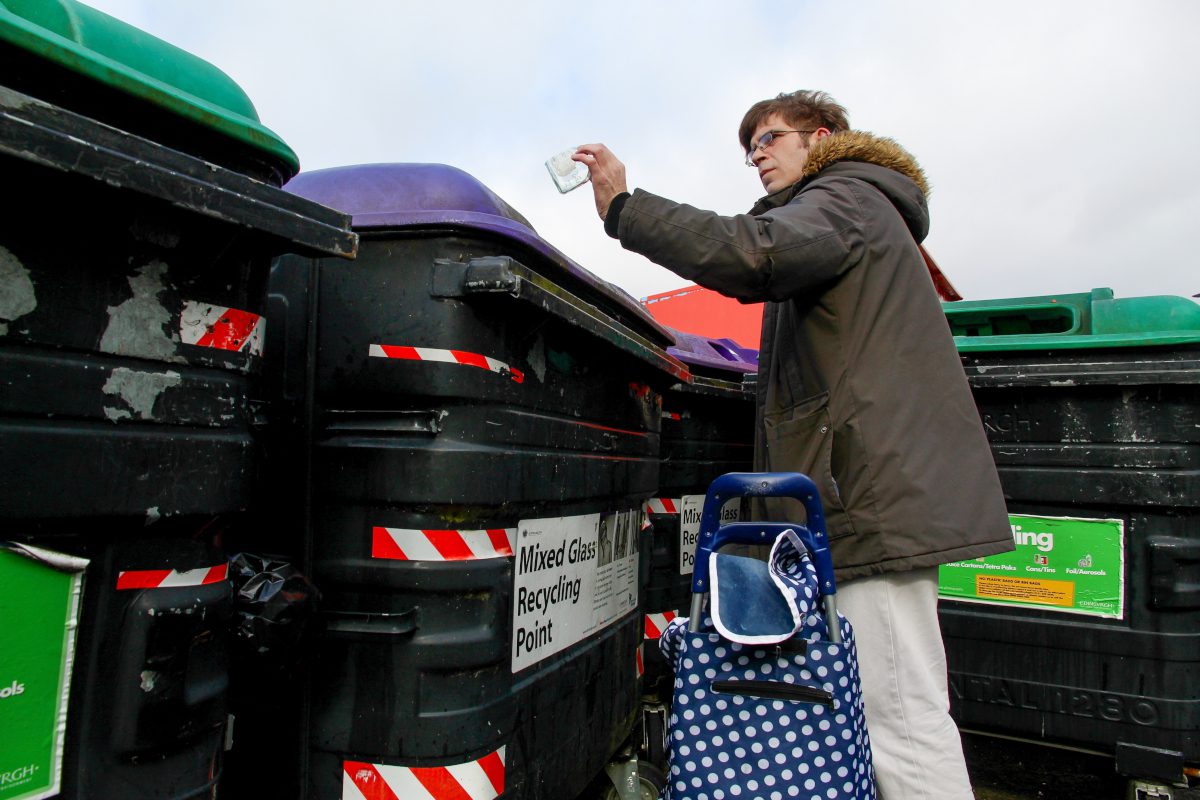
The overall quantity of family waste generated in Scotland in 2023 was 2.3 million tonnes, a drop of 1.1% from 2022, in line with Scottish Setting Safety Company (SEPA) statistics printed on 29 October.
That is additionally the bottom quantity of family waste generated because the begin of the present recording interval in 2011. Of this, 43.5% was recycled, a 0.2% improve from 2022.
Scottish family waste landfilled in 2023 was 409,000 tonnes, a lower of 177,000 tonnes (30.2%) from 2022, persevering with a long-standing downward pattern, in SEPA’s evaluation, with a 71.9% discount in family waste landfilled since 2011.
The quantity of family waste managed by different means (diverted from landfill) was 894,000 tonnes, a 21.6% improve on 2022. Most of this was managed by incineration (746,000 tonnes, 83.5%).
The overall amount of waste landfilled in Scotland in 2023 was 2.0 million tonnes, a lower of 14.8% from 2022. This continues a long-term pattern, with a discount of 5.1 million tonnes since 2005, and is the bottom annual quantity on report of waste landfilled since then.
Many of the lower was as a consequence of a discount in family and comparable waste and soils. The discount in family and comparable wastes comes because the waste administration sector is getting ready for the 2025 ban of biodegradable municipal waste to landfill.
The overall amount of waste incinerated in Scotland in 2023 was 1.62 million tonnes, a rise of 15.4% from 2022. Family and comparable wastes represented 33.8% of the whole waste incinerated in Scotland.
Over one third of waste incinerated was in amenities that utilized for and have been accredited with the R1 vitality effectivity standards, a certification utilized to waste amenities that primarily use waste as a gas for producing vitality, making certain that the incineration course of is classed as restoration reasonably than disposal. R1-certified amenities obtain particular vitality effectivity ranges, making waste incineration a putatively sustainable possibility by maximizing vitality output relative to the waste used.
Carbon impression of Scottish family waste
The Scottish carbon metric quantifies the whole-life impression of assets. A measure of nationwide efficiency, the metric makes an attempt to take a holistic view, spanning useful resource extraction and manufacturing emissions, by to waste administration emissions. That is measured in carbon dioxide equal (CO2e).
The carbon impression of Scottish family waste generated and managed in 2023 was 5.4 million tonnes of carbon dioxide equal (CO2e), which equates to 0.98 tonnes of CO2e per particular person.
This was a lower of three.2% from 2022 and represents the bottom carbon impression of family waste generated and managed since reporting started in 2011 with the introduction of the Scottish Authorities’s Zero Waste Plan.
Round Economic system (Scotland) Act 2024
The Scottish Authorities’s Round Economic system Act, which acquired Royal Assent in August 2024, establishes the legislative framework to assist Scotland’s transition to a zero waste and round economic system, with the probability that it’ll considerably improve reuse and recycling charges, and modernise and enhance waste and recycling companies.
The draft route map proposes coverage initiatives with a particular give attention to delivering a system-wide round economic system throughout Scotland, accelerating sustainable use of assets and lowering emissions related to waste and assets, and will likely be printed later this 12 months.
“Scotland has ambitions for a round economic system the place extra of the supplies produced and consumed in Scotland are re-used, recycled and remanufactured in Scotland, creating a variety of environmental, financial and societal advantages,” says SEPA,
Jo Zwitserlood, Head of Vitality, Trade and Supplies at SEPA, commented:”We’ve all obtained a task to play – the consumption of merchandise and use of supplies touches on each one in all us. We’re making optimistic steps in direction of reducing the carbon impression of Scotland’s family waste and seeing decrease quantities of waste generated and disposed of to landfill, which is vital to addressing the environmental impression of waste administration.
“At SEPA we proceed to play our half in serving to Scotland transition to a round economic system, working collaboratively with Scottish Authorities, Zero Waste Scotland, Scottish Councils, and Scotland’s reprocessing and waste administration sector.”
Iain Gulland, Chief Govt at Zero Waste Scotland, stated: “Once we all work collectively we are able to make an actual distinction, so it’s extraordinarily welcome to see the efforts of individuals at dwelling mirrored in SEPA’s newest knowledge – with family waste at its lowest degree in over a decade and recycling charges persevering with to climb.
“Waste discount and recycling are integral to Scotland’s round economic system imaginative and prescient, and the newest knowledge reveals we’re making nice progress. Let’s hold that momentum going and try in direction of a extra sustainable future for Scotland we are able to all be pleased with.”





